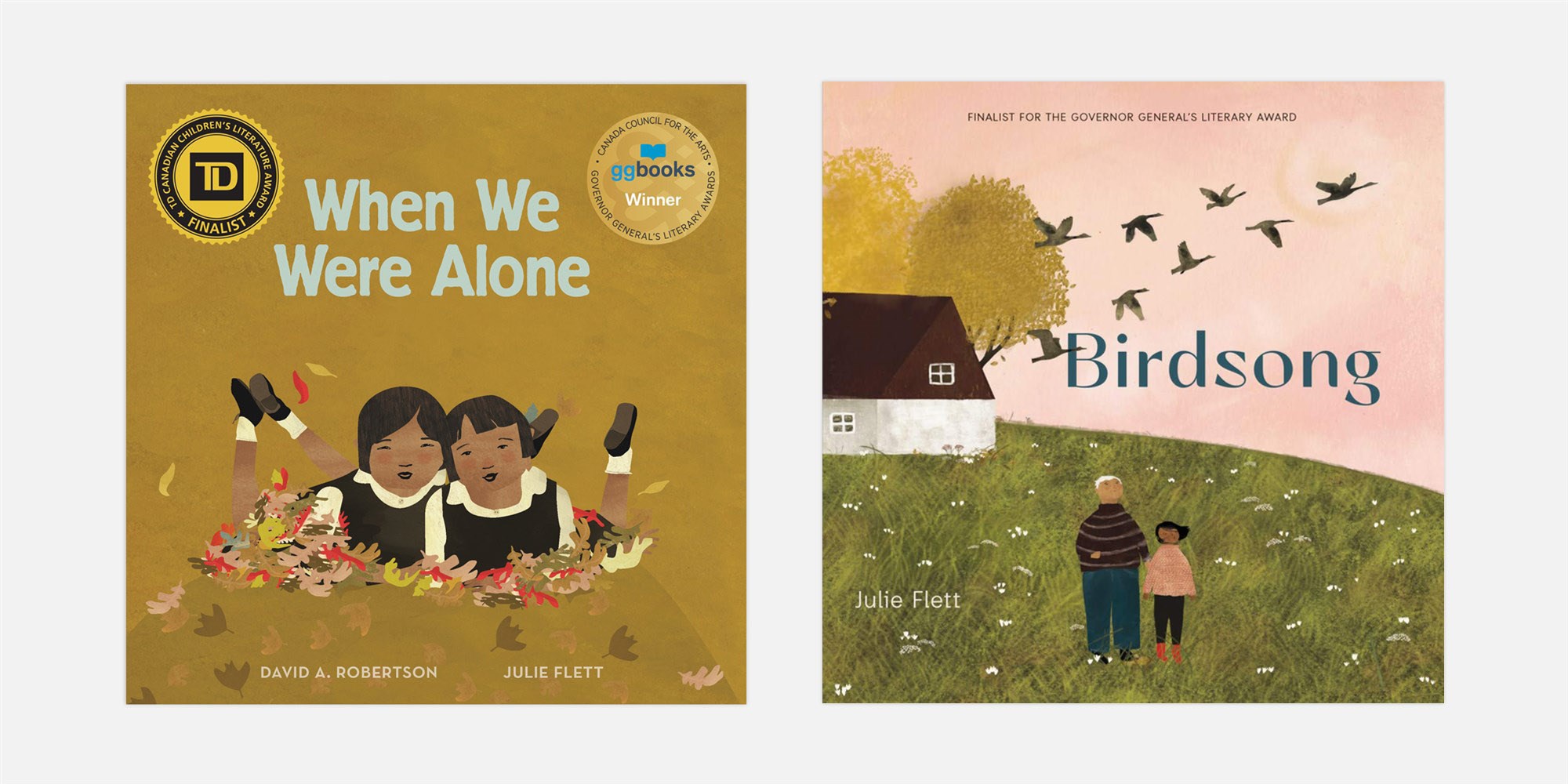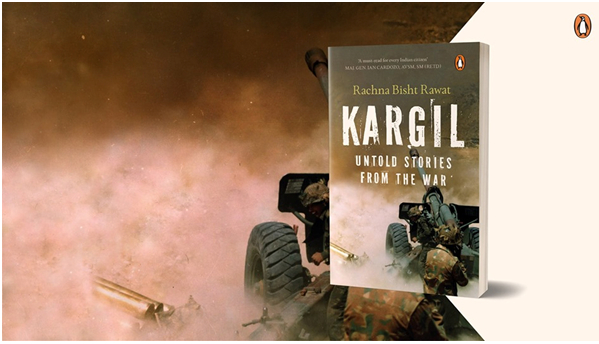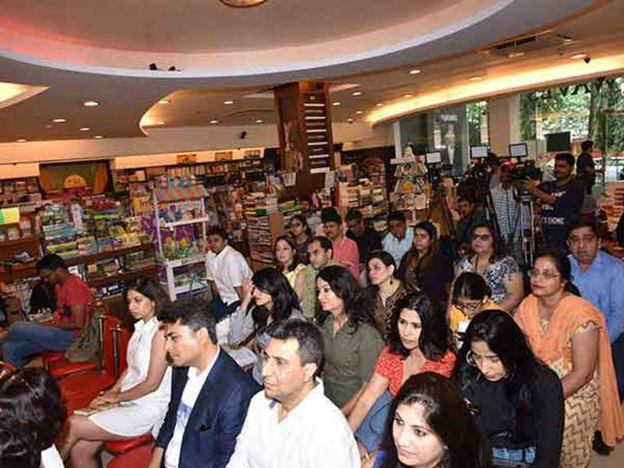Frontlist | Julie Flett's books reveal the truth about modern Indigenous life
Frontlist | Julie Flett's books reveal the truth about modern Indigenous lifeon Nov 27, 2020

When Julie Flett illustrated her first children's book, The Moccasins, she thought that it would stay within the bounds of her Indigenous community. The book, written by Earl Einarson and published in 2004, told the story of an Indigenous foster child who received a pair of moccasins from his foster mother.
I thought that we were going to be sharing the book with our community members, and that was great. That was everything, Flett said.
She hadn't counted on the librarians who introduced the book to non-Indigenous readers and gave it a life far beyond its expected audience, she said. That wider audience ultimately changed Flett's career trajectory, as well.
One of her most recent releases, Birdsong, which she both wrote and illustrated, this month won the TD Canadian Children's Literature Award, which recognizes the best Canadian book for children and comes with a $50,000 prize. The awards and recognition of her influence have been steadily gaining momentum.
It's just really something to celebrate, without a question, to open access to all of these incredible Indigenous makers, Flett said. Incredible and weird at the same time, because why did it take so long?
November is National Native American Heritage Month. It also includes Thanksgiving, which stands with Columbus Day (increasingly celebrated as Indigenous People's Day) as a holiday activists are pushing to redefine. Central to that effort is highlighting the history and experiences of Native and Indigenous peoples in North America and acknowledging that those communities still exist in vibrant ways.
For so many years, Indigenous stories were siloed, said Flett, who is Red River Métis and Swampy Cree on her father's side and of Scottish and Irish ancestry on her mother's side. Indigenous literature was dismissed as valuable only for members of Indigenous communities and thought of as holding limited importance for everyone else.
I'm excited and thrilled we're celebrating Indigenous stories, she said, and then also heavy-hearted, because our stories have been there from the beginning.
Disrupting Western, non-Indigenous perspectives
In Birdsong, a dog is introduced with a Cree name almost as an aside. Cree words in her books are generally not italicized, although a pronunciation guide may be included. Part of Flett's mission is to shore up endangered Indigenous languages like Cree and Michif, which she's done through books about the alphabet and colors. Such books are familiar to parents who speak English, but they can be difficult to find for some languages, and basic instructional children's literature can have surprising repercussions.

.jpg)
.jpg)
.jpg)
.jpg)
.jpg)
.jpg)

.jpg)
.jpg)
.jpg)
.jpg)

.jpg)

.jpg)
.jpg)










Sorry! No comment found for this post.